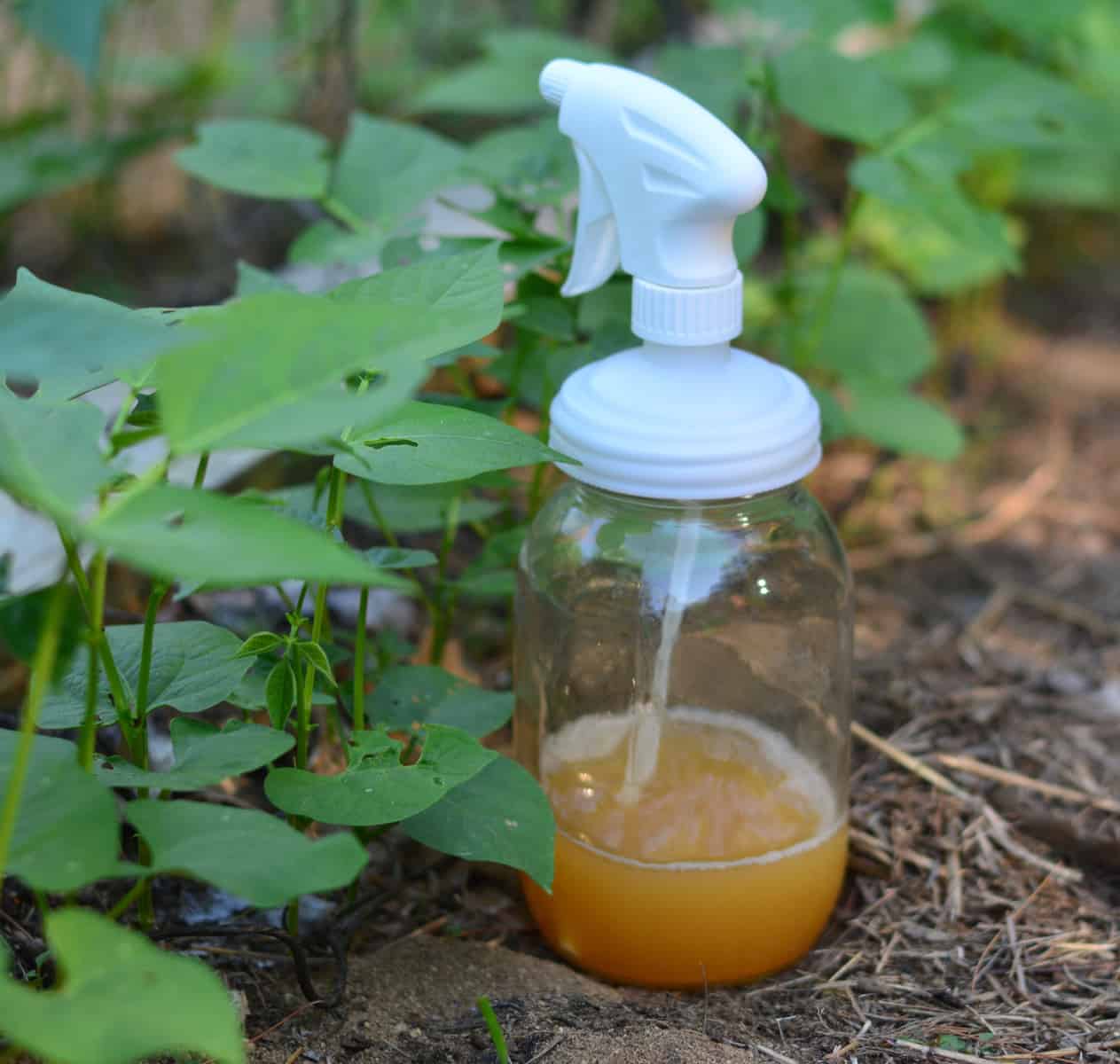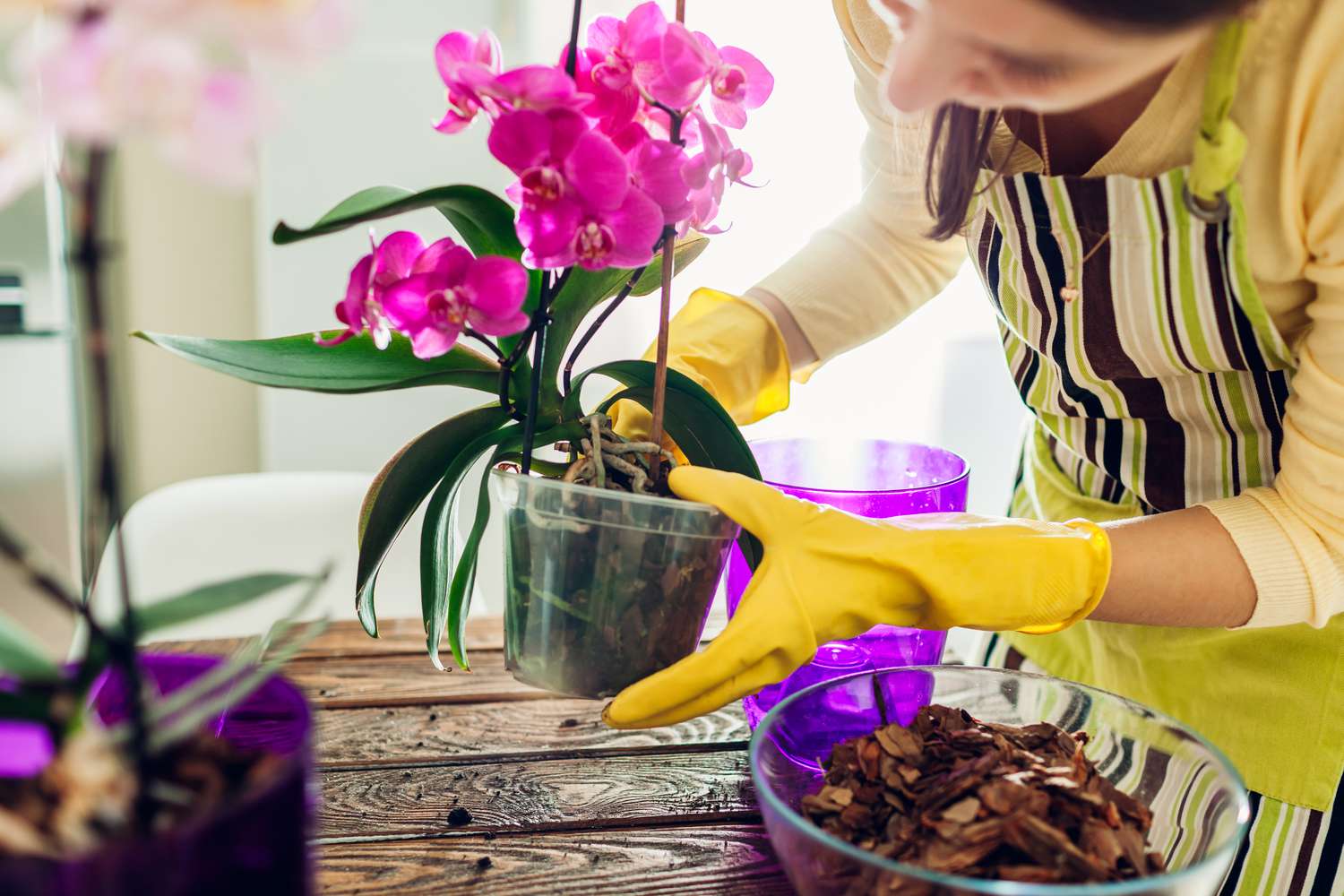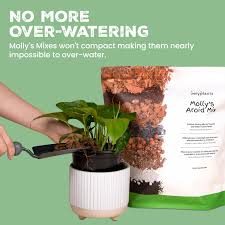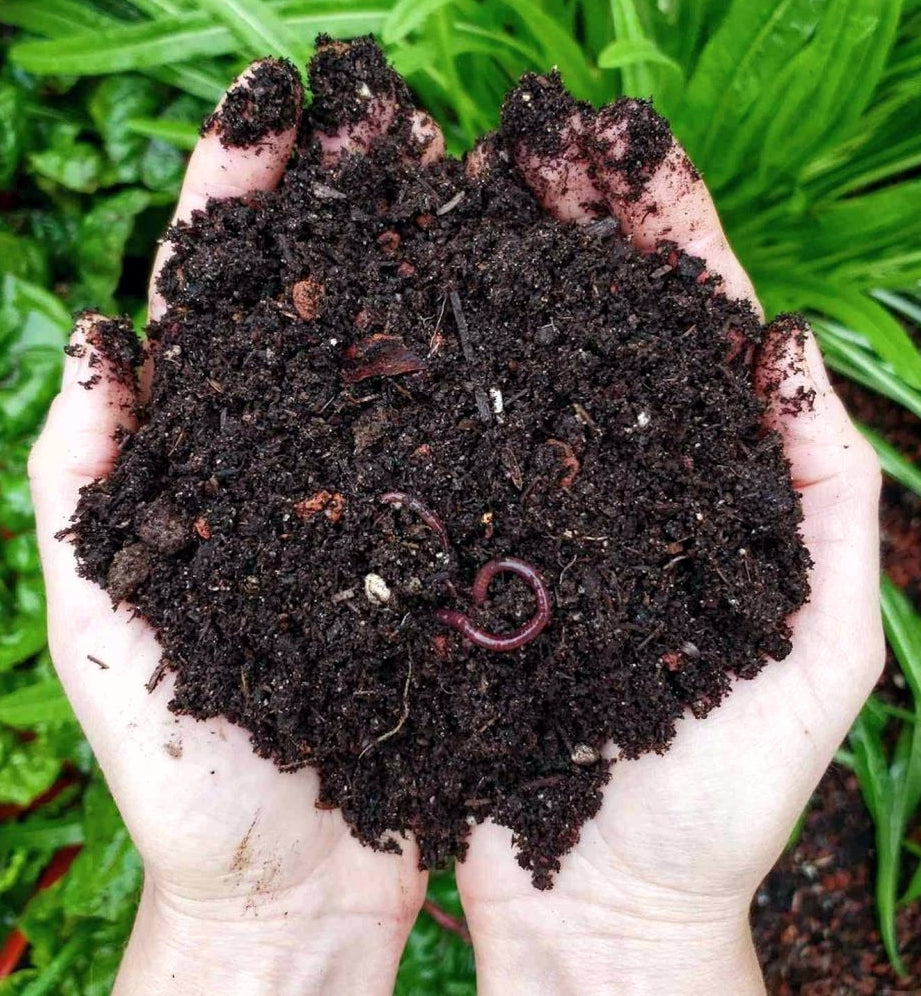What natural pesticides work for aphids?
Aphids are a common pest that can wreak havoc on your garden plants. These small insects feed on the sap of plants, causing wilting, stunted growth, and even the spread of diseases. While chemical pesticides can effectively control aphids, they can also harm beneficial insects and disrupt the ecological balance of your garden.
Fortunately, there are several natural pesticides that are effective in controlling aphids while being safe for the environment. Here are some eco-friendly methods you can use to protect your plants from aphids:
1. Neem oil
Neem oil is a natural insecticide derived from the seeds of the neem tree. It works by disrupting the feeding and reproduction of aphids, ultimately leading to their death. Neem oil is safe to use on most plants and does not harm beneficial insects such as ladybugs and bees.
2. Garlic spray
Garlic has natural properties that repel aphids and other pests. To make a garlic spray, simply blend a few cloves of garlic with water and strain the mixture. Spray it on your plants to deter aphids and protect your garden.
3. Soap spray
A simple mixture of water and dish soap can effectively control aphids. The soap works by suffocating the insects on contact. To make a soap spray, mix a few drops of mild dish soap with water and spray it on your plants. Be sure to rinse the plants after a few hours to prevent any damage.
4. Diatomaceous earth
Diatomaceous earth is a natural powder made from fossilized algae. It works by dehydrating aphids and other insects, ultimately leading to their demise. Sprinkle diatomaceous earth around the base of your plants to create a barrier against aphids.
5. Essential oils
Essential oils such as peppermint, lavender, and eucalyptus have insect-repelling properties that can help control aphids. To create a natural pesticide, mix a few drops of essential oil with water and spray it on your plants. Repeat the process every few days for best results.
By using these natural pesticides, you can effectively control aphids in your garden without harming the environment. Experiment with different methods to find the one that works best for your plants and enjoy a thriving, pest-free garden!



